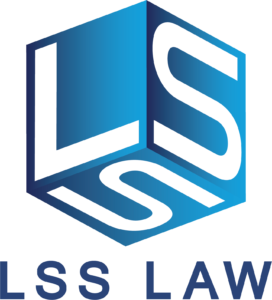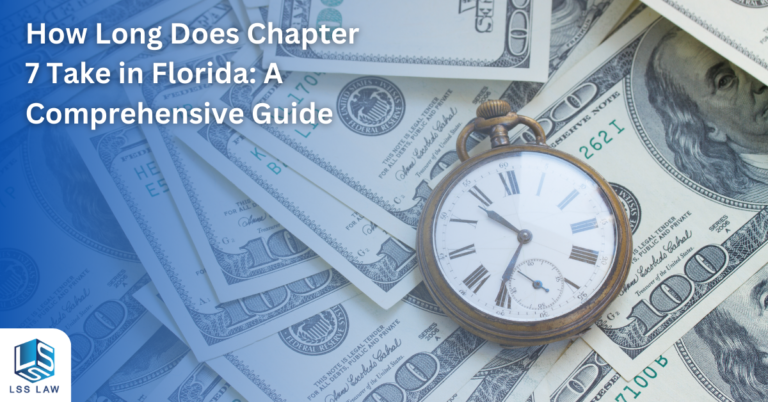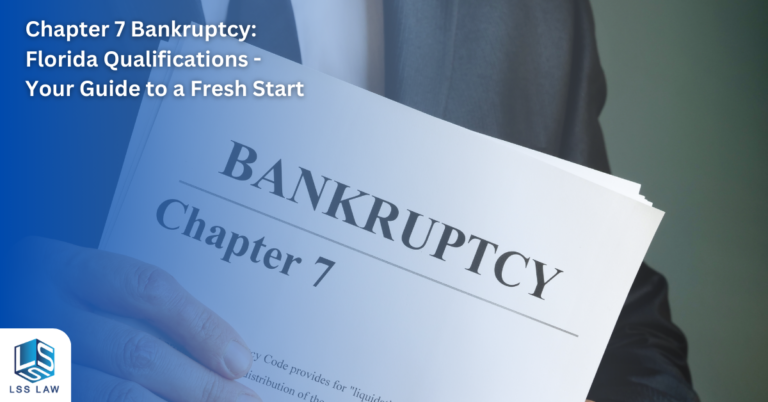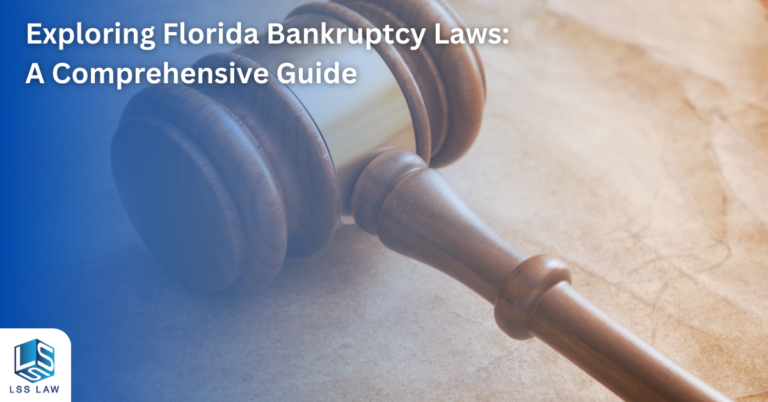The world of student loans can be confusing. There are different types of student loans and it is important to understand the differences between them. The first step in analyzing what your options are with respect to your student loans is determining exactly what type(s) of student loans you have.
Student loans can be government (federal or state) loans or private loans. To determine if your student loan is a federal student loan, visit http://www.nslds.ed.gov and enter the requested information (you will need your FAFSA PIN number). A federal Stafford loan can be subsidized or unsubsidized. The federal government pays the interest on subsidized loans during periods of authorized deferment, while the interest remains the obligation of the borrower to pay on an unsubsidized loan.
Below are some of the different types of student loans:
- Private loans/state loans. This type of loan can assist a student who is ineligible for federal aid. It can also help individuals who do not obtain enough federal aid to cover the cost of attending their school.
- Stafford loans. A Stafford loan is the most common form of federal education loan. They can be either subsidized or unsubsidized.
- Perkins loans. A Perkins loan is a low-interest federal loan that is administered by your school. To qualify for a Perkins loan, a student must prove financial need.
- PLUS loans. Expenses that are not covered by other federal financial aid can be paid for by PLUS loans. These loans are for parents of undergraduate students and directly for graduate students.
- Institutional loans. An institutional loan is a non-federal aid that is similar to a private loan, but it is provided directly by your school or a loan servicer hired by your school.
Please keep in mind that every student loan matter is different. If you have questions about your student loans and you would like to schedule a no-cost consultation, please contact our office by completing the form on this website or calling us at 954-466-0541.





